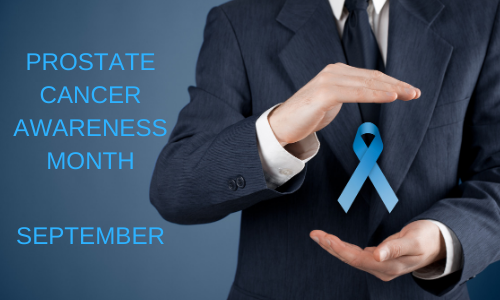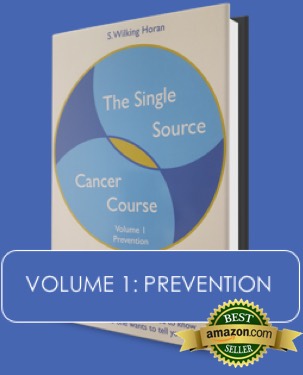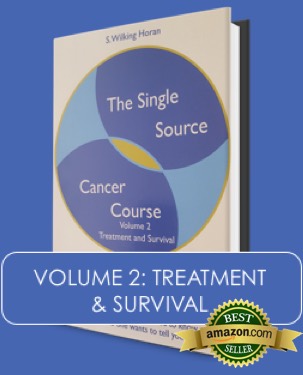 8 THINGS YOU NEED TO KNOW
8 THINGS YOU NEED TO KNOW
Hello everyone and welcome to another FACTUAL FRIDAY. September not only marks the end of summer and the beginning of fall, but it’s also Prostate Cancer Awareness Month. And in this time of Covid-19, being safer at home, isolating and social distancing, we can’t forget to pay attention to all the other health issues we face every day.
Prostate cancer is the second most common cancer for men around the world and will affect one out of every seven men. The good news, however, is that prostate cancer also is a disease from which most men will recover.
Of course, the key to surviving prostate cancer is the same as it is for almost every other cancer. And, that is early detection.
So, let’s get to it and review the most common symptoms of prostate cancer.
CHANGES IN URINATION
A change in the frequency, urgency or flow of urination may indicate the presence of prostate cancer.
INABILITY TO ACHIEVE AN ERECTION
Most men experience erectile dysfunction at one time or another. This is normal. But if this condition continues for any length of time it could indicate a more serious problem, including prostate cancer.
PAINFUL EJACULATION
Pain in ejaculation also may indicate prostate cancer and requires an immediate examination by one’s primary healthcare practitioner.
BLOOD IN URINE OR SEMEN
Blood in urine or semen can be caused by several conditions that are not life-threatening. But if it persists one should again seek medical advice to rule out prostate cancer.
It’s also important to understand one’s personal risk for this disease. Because if one’s risk is higher, then it’s more likely than not that one or more of the above conditions will indicate the presence of prostate cancer. So, please be aware of these risk factors as well.
FAMILY HISTORY
Heredity and genetics play an extremely important part in the development of this cancer. Men who have a first-degree relative (father, sibling or child) who was diagnosed with prostate cancer before the age of 65 are twice as likely to develop this cancer than other men. It’s been estimated that 5 to 10 percent of all prostate cancers are linked to a family predisposition for the disease.
ETHNICITY
African American men are more likely to develop prostate cancer than Caucasian or Asian men. And, without early detection, prostate cancer is more lethal for African American men than for Caucasian and Asian men.
AGE
Age, of course, is a major risk for developing most cancers, including prostate cancer. This cancer typically strikes older men who are over the age of 60. The average age of a prostate cancer patient is around 70.
 LIFESTYLE
LIFESTYLE
The development of most cancers is influenced by inadequate exercise and poor diet. The misuse of alcohol and the use of tobacco products also contribute to the development of many cancers, including prostate cancer.
Understanding the symptoms of this cancer and being aware of personal risk factors will go a long way in helping every man to detect and catch this cancer early.
Taking a proactive approach to personal healthcare is essential in the fight against cancer. Think of it this way. Cancer care is much like one’s favorite sport. The best defense is always a strong offense. And consulting with one’s primary physician will help ensure that each man is aware of the facts and ready to act when necessary.
DON’T BE SURPRISED GENTLEMEN – BE PREPARED!
There is no better time to take the proper precautions than right now during PROSTATE CANCER AWARENESS MONTH. And, ladies be sure to share this information with the men in your life!
Thanks again for joining me everyone. Until next time remain safe, stay in GOOD HEALTH and . . .
TAKE THE COURSE AND TAKE CHARGE!



Leave a Comment